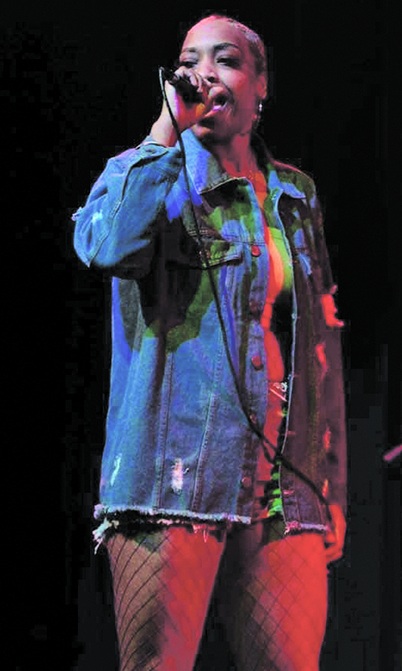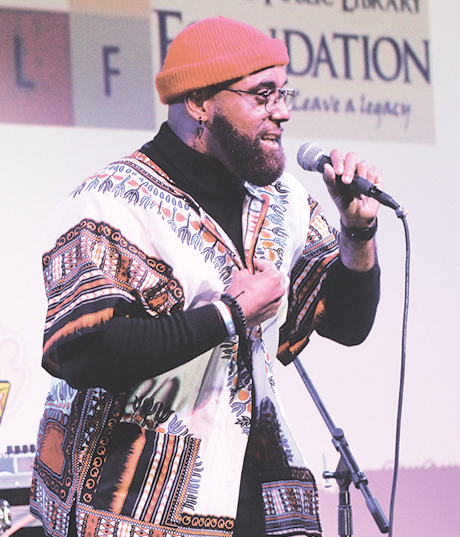
by Shawn Nowlin
No genre has had as powerful or profound an impact on shaping America’s musical landscape as Black music. Used historically as a tool to convey what is going on in the African American community, Black music, which consists of jazz, R&B, hip hop, blues, folk, and rock n’ roll, has never been more popular.
Whether it be James Brown 1968 expressing, “Say it loud. I’m black and proud,” to Nipsey Hussle writing, “The best thing you can do for a person is to inspire them. That’s the best currency you can offer – inspiration” five decades later, some of the most influential art ever created has come from the perspective of Black musicians.
Former President Jimmy Carter, credited for creating Black Music Appreciation Month on June 7, 1979, stated, “This month celebrates the African American musical influences that comprise an essential part of our nation’s treasured cultural heritage.”
While President Carter created the month, Barack Obama is by far the most referenced President in Black music history. Young Jeezy’s 2009 acclaimed song “My President” stands as a celebration of Barack Obama’s election as the country’s first Black president.
From Macklyn Mosley to Ann Art, there are countless talented Black musicians throughout the Roanoke community who are carrying on the tradition of those who came before them.
Laquisha Moore, known professionally as Ann Art, says Black music was an integral part of her upbringing. Growing up, she often channeled her emotions through acoustic melodies. “Having grown up in the 90s, I think that was the golden era of music. You had so many incredible artists – TLC, Missy Elliot, D’Angelo, Marcus Miller, Jodeci, and Xscape, just to name a few. Regardless of whatever I was going through at the time, I knew I could always lose myself in music,” she said.

Black music has helped Lindsay Calvin, a Caucasian woman, better understand race relations. “I strongly believe that what we are taught as children carries over into adulthood. I was very lucky. Not only were my parents inclusive of all perspectives, but no family member ever projected any negativity when I did things like date outside of my race,” Calvin, a Roanoke County native, said.
She added, “I share three young children with my Black husband and when they are old enough, we will tell them how our love of music set the foundation for our relationship when we were teenagers.”
Once deemed controversial by some Americans, Black music has come a long way over the years. In 2018, Kendrick Lamar became the first rapper to win the Pulitzer Prize for his album “DAMN.”
Today, numerous Black music albums reside in the Library of Congress, including Run-DMC’s “Raising Hell,” Lauryn Hill’s “The Miseducation,” Janet Jackson’s “Rhythm Nation 1814,” and Public Enemy’s “Fear of a Black Planet.”

Roanoke resident Bryan Hancock, who goes by the stage name Harvest Blague, has several of those records throughout his massive collection. On most Wednesdays around 7 p.m. at 114 Kirk Avenue, Blague can be seen performing live at Soul Sessions, an open space for individuals to let their souls be free and voices are heard through open mic poetry.
When asked why he loves Black music, Blague responded, “because it represents us. All of us. As a community, we are not a monolith, and the same goes for our music. Black music is for everyone, but with us, it resonates on a deeper level.”





